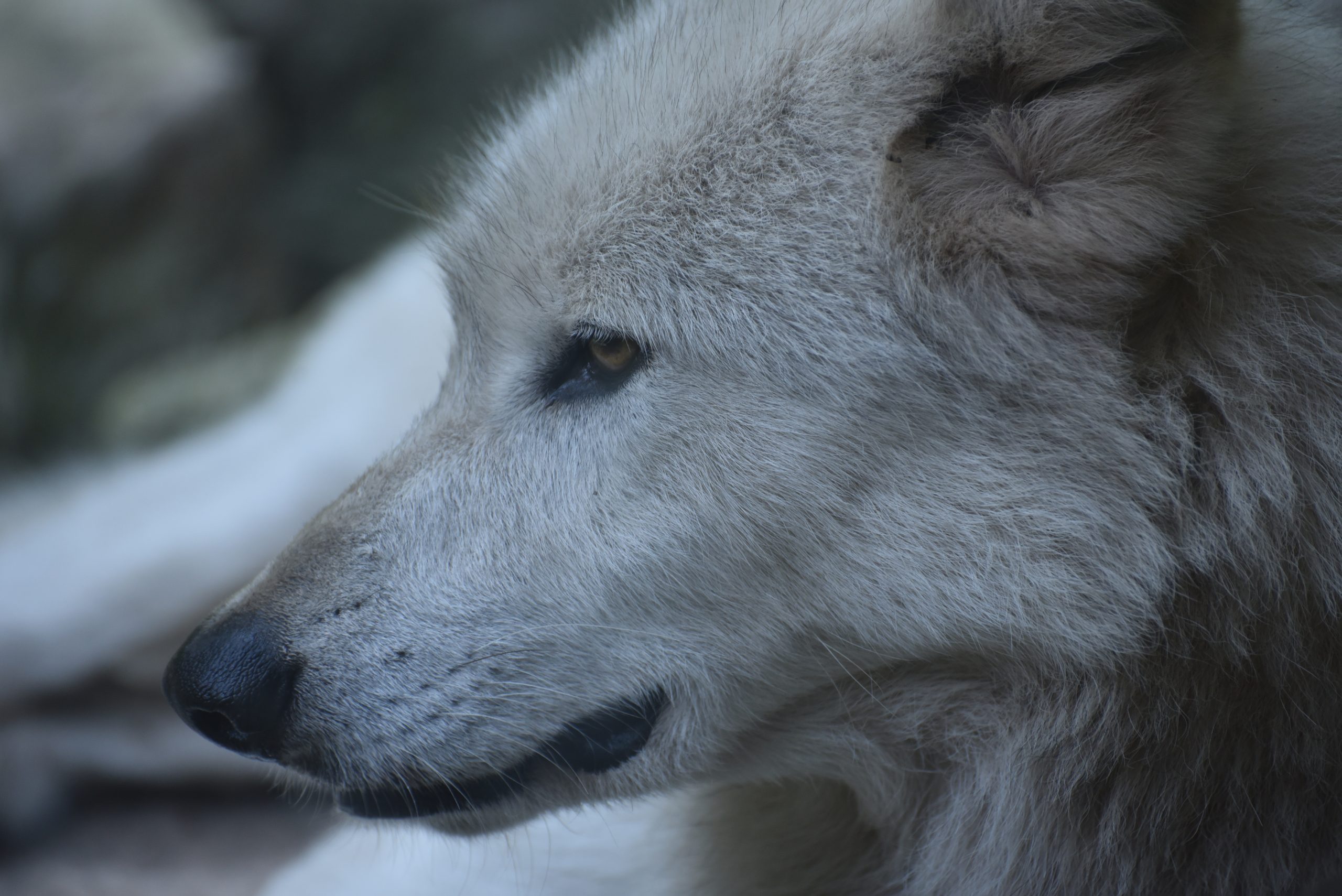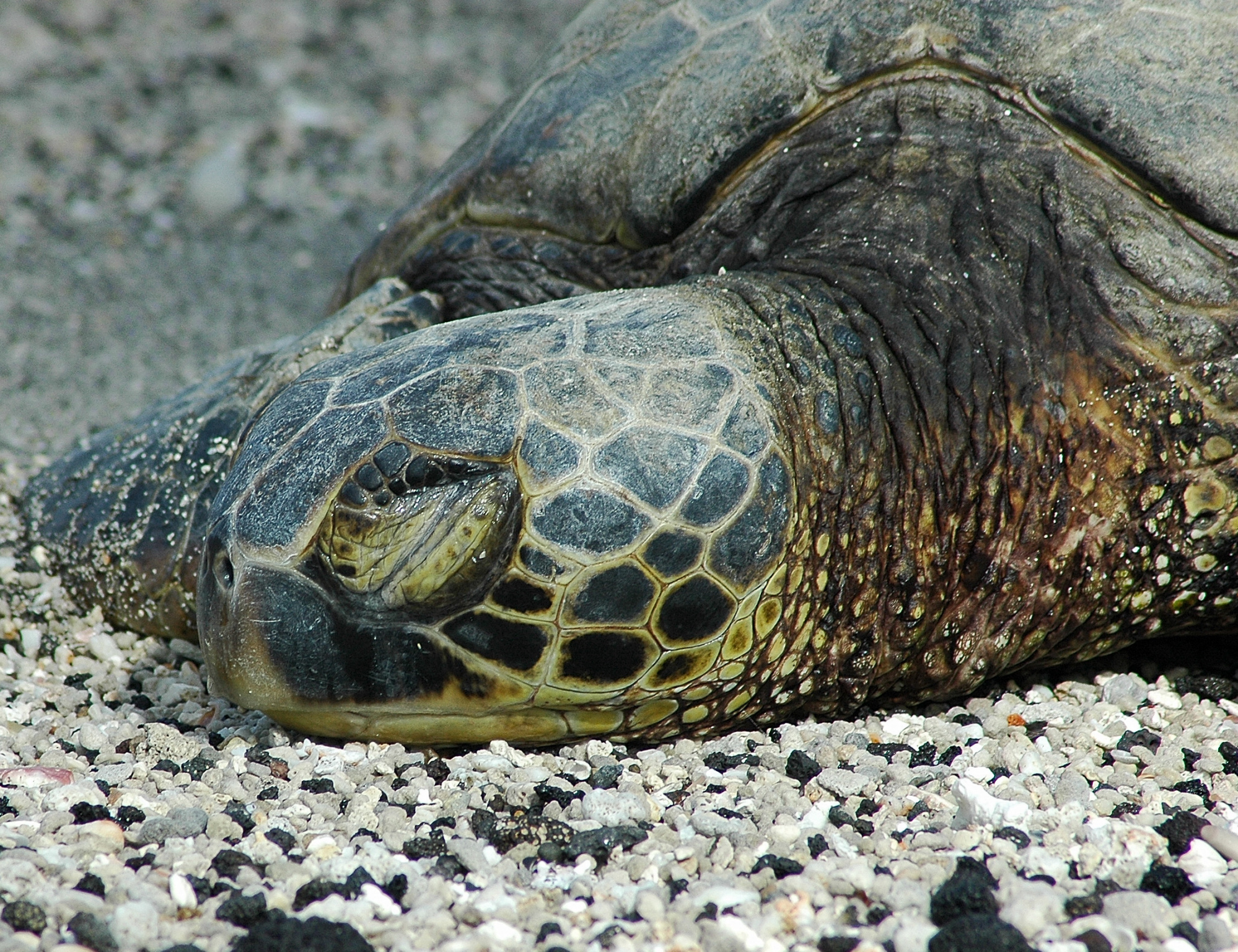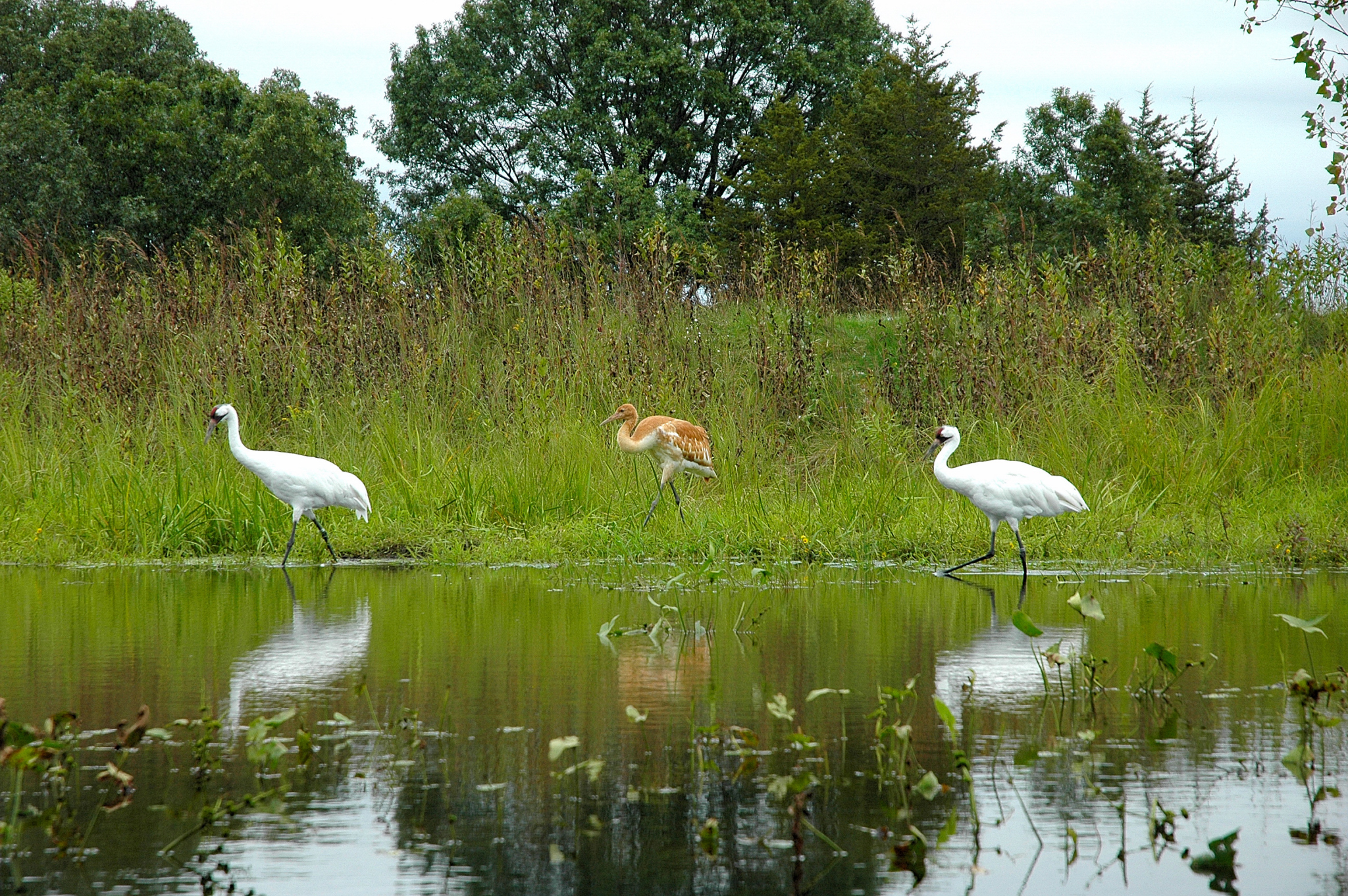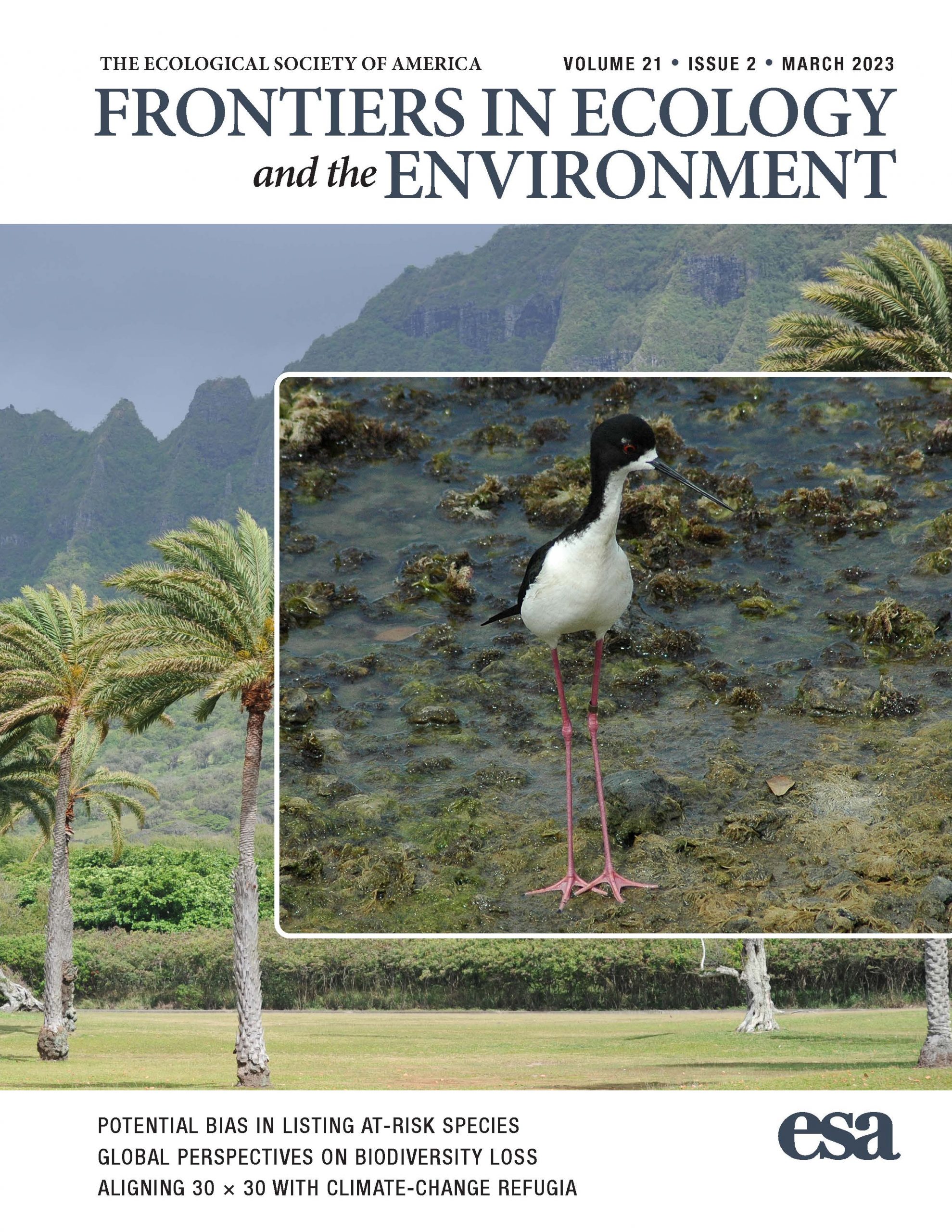Auburn University College of Forestry, Wildlife and Environment researcher Christopher Lepczyk has led a study that suggests human perception could influence when at-risk species are listed under the Endangered Species Act.
The study, recently published and featured on the cover of “Frontiers in Ecology and the Environment,” suggests that the ecological indicators associated with human perception have shifted over time. The first study to look at measures of detection that relate to human perception, the research addresses a gap in our knowledge about how and which species are selected for listing as threatened or endangered.
The Endangered Species Act mandates that listing decisions be based on the best scientific and commercial data available, but the simple facts of whether humans know a species exists and how easily that species can be detected and assessed can introduce bias.
Working with data beginning in 1967, a team led by Christopher Lepczyk, Alumni Professor in the College of Forestry, Wildlife and Environment, compiled a database that included each species’ geographic range, body mass, and calling and congregating behaviors — all of which affect the likelihood of humans observing and assessing a species. Each of these measures relate to how easily a species could likely be observed in nature.
The study revealed that initially, species were larger and easier to identify or observe, but listings over time have gradually shifted to smaller and less conspicuous species.
“Understanding how our past approaches to listing species may have been unintentionally biased is critical to reducing such bias in the future,” said Janaki Alavalapati, Emmett F. Thompson Dean of the College of Forestry, Wildlife and Environment.
The team’s research could be beneficial to managers and policymakers.
“Ultimately, using improved methods and acknowledging current biases will enhance our ability to identify species that may be at greater risk than presently considered,” Lepczyk said. “Even acknowledging that human perception plays a role in the listing process could improve the approaches used for listing in the United States and other nations.”
Lepczyk’s co-authors include scientists Brian Klingbeil, formerly an Auburn postdoctoral fellow who is now with the U.S. Fish and Wildlife Service, Rebecca Christoffel of Christoffel Conservation, Curtis Flather, who is recently retired from USDA Forest Service, and Daniel Rutledge.
(Written by Jessica Nelson)














